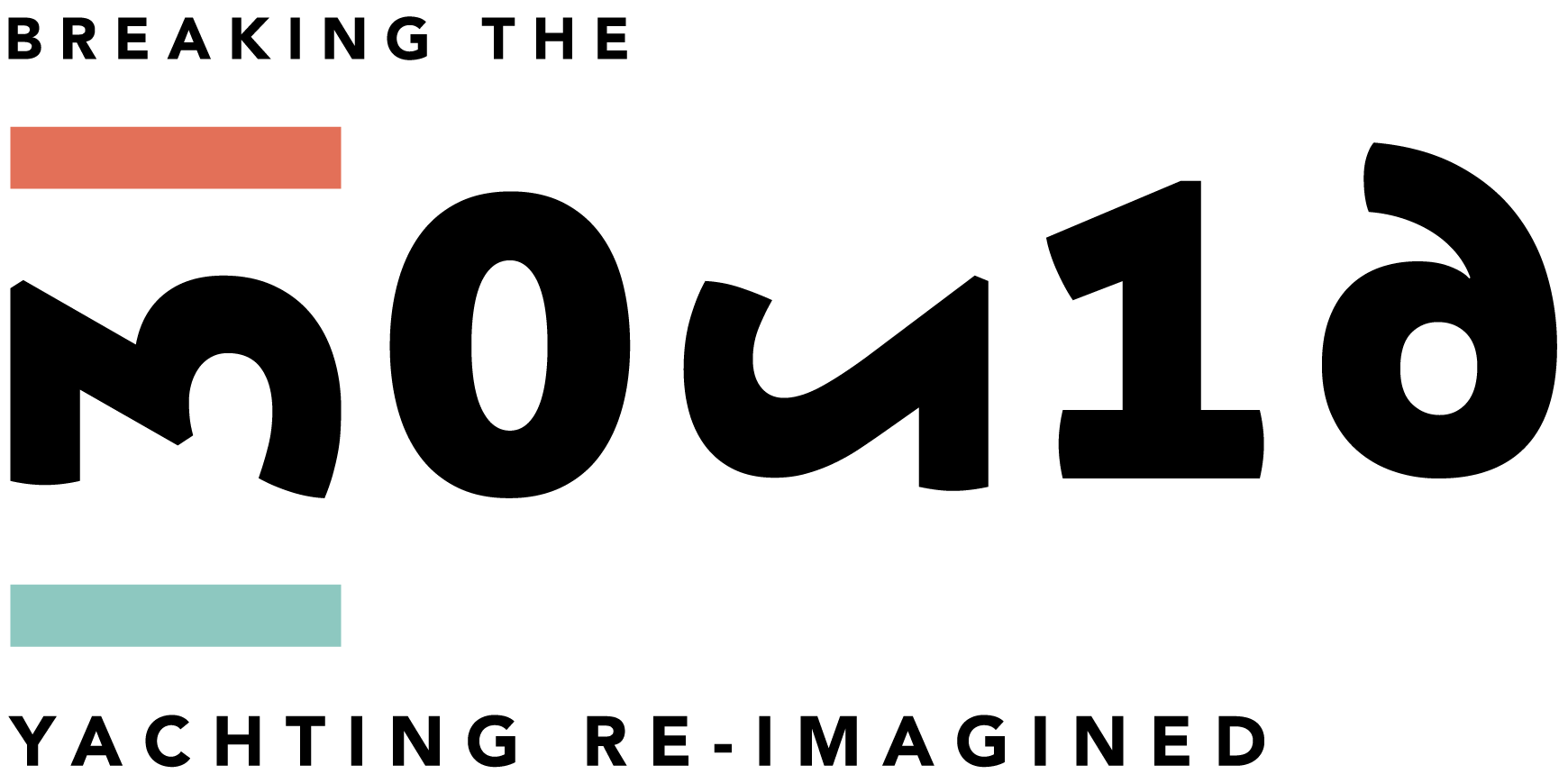Creating a Fulfilling Life Beyond Wealth and Success
John Rood shares valuable lessons on various aspects of life that entrepreneurs and individuals can apply to achieve financial well-being and personal fulfillment. From managing generational wealth to finding balance after selling a business, his insights provide a thoughtful guide to living a meaningful and successful life. Let’s break down some of the key topics he covers in a way that’s easy to understand.
Generational Wealth: How to Keep Money From Spoiling the Next Generation
One of the challenges faced by wealthy individuals is how to pass down wealth without ruining the future of their children. John Rood points out that while it’s natural to want to pass down money to the next generation, too much wealth can lead to spoiled kids who don’t appreciate hard work. He believes that wealth should be accompanied by strong values and financial literacy. This way, children learn how to manage their inheritance responsibly and grow it, instead of squandering it.
Many wealthy people think they need to pass down just the right amount of money to their kids. But, according to Rood, this is tricky because no one ever seems to get it exactly right. The goal isn’t just to hand over money; it’s to raise responsible, smart individuals who know the value of hard work and money.
The Pursuit of “Enough”: When Is Enough Really Enough?
John Rood also discusses the idea of financial “enough” – a concept that often gets overlooked in the pursuit of wealth. Many people, regardless of how much they already have, constantly feel like they need more. The cycle of always wanting more leads to dissatisfaction, no matter how much someone has. Rood points out that at every level of wealth, from the poorest to the richest, people tend to think that having twice as much money would make them feel secure.
Rood himself has achieved financial freedom, and he says that true contentment doesn’t come from endlessly chasing wealth. Instead, it comes from understanding what really matters to you in life and knowing what your needs and desires truly are. The idea is to find “enough” and stop chasing endless goals.
Estate Planning: It's More Than Just Money
When it comes to estate planning – the process of organizing your wealth and deciding how it should be passed on – John Rood highlights the importance of values over legal structures. While you can create complex legal frameworks to transfer wealth, it’s the values you instill in your children that truly determine whether they will manage the inheritance well.
Rood believes that no amount of legal paperwork can replace raising responsible adults who know how to manage their money wisely. In other words, it's not about the legal structures; it's about the personal values passed down from one generation to the next.
Life After Selling a Business: Identity Shifts and Redefining Success
Selling a business can be an emotional rollercoaster for entrepreneurs. It’s not just about getting a large sum of money; it’s also about the emotional shift that happens when an entrepreneur no longer has a business to run. John Rood talks about how many entrepreneurs experience a grieving process when they transition from being busy, goal-driven business leaders to having to find new purposes in life.
Redefining success after selling a business is a big task. Many entrepreneurs struggle to figure out what their next chapter looks like. Rood mentions that finding fulfillment in new ventures, like writing or starting a new business, can offer a different kind of satisfaction than running a company. By focusing on what activities truly bring joy and fulfillment, entrepreneurs can design a life that aligns with their personal values.
Relationships After a Business Exit: Navigating the Shift
The sale of a business can also affect personal relationships. John Rood shares how tensions in relationships can surface when new wealth or changes in lifestyle come into play. For instance, spouses may have different views on how money should be spent or invested.
Rood notes that many entrepreneurs and their partners find it difficult to adjust to the new dynamics of their relationship post-exit. Simple decisions, like where to live or how to spend time, can lead to unexpected points of contention. The key, Rood says, is to openly communicate and reassess your relationship to ensure it remains strong even after the big life change.
Returning to the Same Business or Pursuing a New Passion?
After selling a business, some entrepreneurs feel the urge to return to their previous business or industry. John Rood shares the story of one entrepreneur who, after selling his business and exploring other ventures, chose to buy back his original company. This decision was rooted in the comfort and familiarity he felt with the business he had built from scratch.
On the other hand, some entrepreneurs prefer to explore new passions. John Rood highlights the example of an entrepreneur who transitioned from IT consulting to running a pocket knife business, driven by his love for knives. By following personal interests, entrepreneurs can find a renewed sense of purpose and create businesses that reflect their true passions.
Life Visioning: Creating a Meaningful Post-Business Life
For those who have sold their business, creating a fulfilling life isn’t just about wealth or prestige; it’s about envisioning what truly matters to you. John Rood encourages individuals to think deeply about what they want out of life beyond financial success. He talks about how people often realize that having more money or status doesn’t necessarily increase their happiness.
Life visioning exercises, according to Rood, help people think about what activities will bring them joy and satisfaction in their post-business lives. This exercise is about focusing on the present and finding meaning in everyday experiences rather than waiting for distant goals to make you happy.
Finding Balance: Prioritizing What Matters Most
One of Rood’s most valuable advice is balancing personal life and professional demands. After selling a business, many entrepreneurs struggle to find time for what truly matters, like spending quality time with family. Rood shares how he realized he had limited time with his kids before they left for college, prompting him to prioritize family time over professional opportunities.
Using tools like the Wheel of Life, Rood suggests that individuals assess various aspects of their life to ensure they’re giving attention to what matters most. Time spent with loved ones and focusing on personal fulfillment should be prioritized alongside any professional pursuits.
Conclusion: A Fulfilling Life Beyond Wealth
John Rood’s insights offer a comprehensive approach to navigating wealth, success, and life after selling a business. By focusing on values, relationships, and personal fulfilment, entrepreneurs can create a life that goes beyond just making money. Whether it’s passing down wealth responsibly, rethinking what “enough” means, or redefining success post-exit, Rood’s advice encourages people to live in alignment with their true desires, ensuring a meaningful and balanced life.
If you’re an entrepreneur looking for guidance on your journey, Rood’s insights can provide a roadmap to achieve financial well-being and personal happiness.
Ready to Break the Mould?
At Breaking the Mould Consulting Ltd, we specialize in helping entrepreneurs navigate the complexities of business, wealth, and life transitions. Whether you’re looking to plan for generational wealth, redefine success after a business exit, or create a balanced life, our expert consultants are here to guide you every step of the way.
Contact us today to start crafting the fulfilling future you deserve. Let's break the mould and build something extraordinary together.



%20(31).jpg)
%20(6).jpg)
